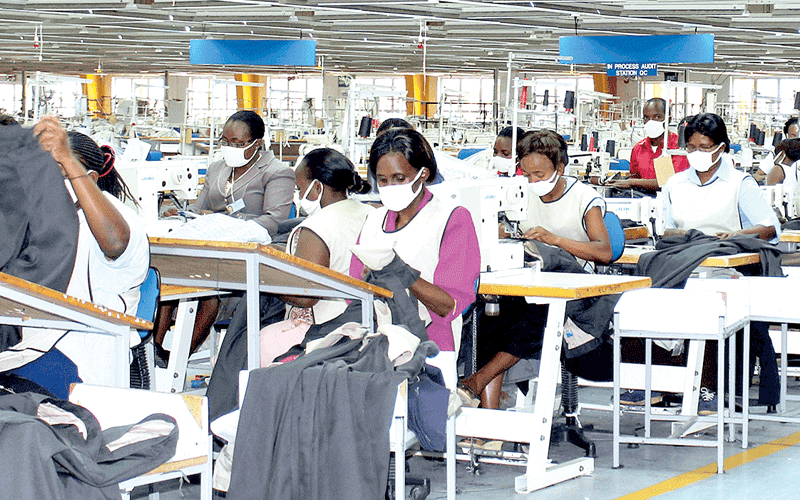Operating amid Covid-19 shores up business risks

Lewis Njoka @LewisNjoka
The wounds that local businesses have to bear with in readiness for a post Coronavirus era continue surging as billions of shillings disappear into oblivion, with the government mulling re-opening the economy. It will take quite a while for the economy to heal.
The boldest indicators yet came last Saturday from President Uhuru Kenyatta, when he hinted at relaxing the current containment measures.
Since the first Coronavirus case was reported in the country in March, several covid-19 containment measures were employed, understandably making it harder to engage in normal economic activities.
But to re-open the economy amid the Covid-19 pandemic, it will require businesses to realign their operations with Ministry of Health guidelines, an additional financial risk for ventures already hit hard by the virus.
Rebound strategy
Kenya Association of Manufacturers (KAM) is currently developing a sector-based rebound strategy that could be adopted with the view of overcoming challenges associated with Covid-19.
“This will ensure Kenya bounces back quickly on the path towards sustainable economic growth and development,” says lobby chief executive Phyllis Wakiaga.
Kenya Tourism Federation chairman Mohammed Hersi says reviving the hospitality sector will be an uphill task.
“It is like having to use your bed while upside down instead of the normal position,” he notes.
“We’ll have to reduce the sitting capacity of restaurants. People will have to eat in shifts and we can no longer serve conventional buffets.
“jWe have been working with the Ministry of Health to draw Covid-19 hygiene protocols, specifically what we need to do so that we re-open,” he added.
He said before they re-open, businesses will have to invest in temperature checks, disinfectant booths, in addition to the usual security checks.
Costly measures
He singled out periodic testing of staff for coronavirus which will be one of the most costly aspects.
Kenya Private Sector Alliance (Kepsa) has called for phased re-opening of the economy.
“The unprecedented scale of the pandemic means that return to work will need to be gradual and phased, and heightened caution is necessary to prevent further waves of infection.
It is also important to ensure that the burden of Covid-19 prevention is not placed disproportionately on SMEs, who are already struggling to stay in business,” said Kepsa chairman Nick Nesbitt.
However, some businesses have no plans to put in place measures beyond those specified by the government despite anticipating re-opening of the economy.
Matatu Owners Association Chairman Simon Kimutai says the public transport industry would only stick to measures prescribed by the government saying the sector could not afford further measures as business was down more than 60 per cent.
“We are still complying with the recommendations from the Ministry of Health by ensuring that people sanitise and keep social distance. We do not have to change anything else,” said Kimutai.
He welcomed re-opening saying public transport was on its death bed and could not generate 50 per cent of its ordinary revenues.









